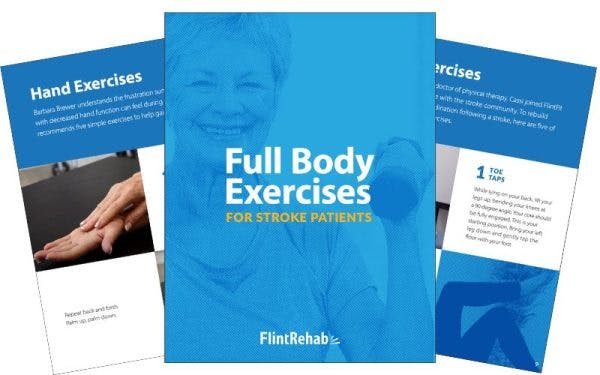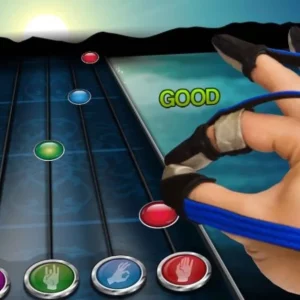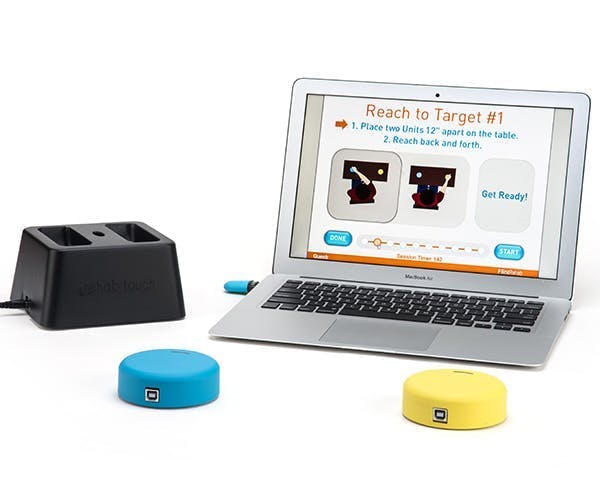Can Ritalin for stroke patients help boost recovery? Is it safe? And does it actually work?
Read on to learn how Ritalin can impact stroke recovery— depending on your unique medical conditions.
To help determine whether Ritalin can aid in your recovery, this article will lay out the pros and cons.
What is Ritalin?
Ritalin is a medication that increases neurotransmitter activity in the brain. It’s a stimulant primarily used to manage cognitive and behavioral difficulties in individuals with ADHD.
However, its effects on the brain can also be beneficial for patients after a stroke.
Ritalin, formally known as Methylphenidate, works by blocking the reuptake of the “feel good” neurotransmitters dopamine and norepinephrine.
As a result, a greater number of active “feel good” neurotransmitters remain available in the brain, which helps boost your mood and concentration.
Because of its effects on motivation and mood, Ritalin is also used off-label as an alternative to antidepressants.
Ritalin for Post-Stroke Depression
Because of its antidepressant qualities, Ritalin for stroke patients may have a place, as it can help with post-stroke depression. This condition affects over 40% of stroke survivors.
When life after stroke brings upon sudden changes – including unwanted changes – it can take a toll on a person’s mental health.
Stroke survivors that develop depression may lack energy, lose interest in things that once brought them joy, and see no point in trying to recover.
Taking Ritalin under the supervision of your physician may help improve quality of life after stroke by enhancing one’s ability to focus, act, and perceive a brighter future.
Unlike other antidepressants (which typically don’t take effect for a few weeks), Ritalin will start to work in about 20-30 minutes.
Ritalin will not treat depression, but it can boost motivation to pursue rehabilitation and perform self-care activities.
Now that you understand what the benefits of taking Ritalin after stroke are, let’s go over some risks.
Side Effects of Ritalin for Stroke Patients
While Ritalin can help boost cognitive functioning after stroke, Ritalin for stroke patients can also impose some serious side effects.
Commonly experienced side effects of Ritalin include:
- Increased heart rate
- Loss of appetite
- Increased blood pressure
- Insomnia
- Headache
- Agitation
- Nausea
- Anxiety
Because of its effects on heart rate and blood pressure, Ritalin can increase the risk of having another stroke.
Therefore, those taking Ritalin to boost cognitive functioning after stroke should carefully monitor their heart rate and blood pressure.
Individuals can develop tolerance and become overly dependent on Ritalin, which makes it unsuitable for long-term use.
However, in instances where timing plays an important role in rehabilitation (as it does after stroke), short-term use of Ritalin may have a place for optimizing recovery speed.
Timing of Stroke Recovery Treatment
Recovery after stroke focuses on maximizing the effects of neuroplasticity (your brain’s ability to rewire itself).
Generally, stroke patients recover significantly within the first 3 months following their stroke.
This time frame may be an opportunity to take advantage of the brain’s potentially increased plasticity. Therefore, rehabilitation should be most intensely pursued in these early months.
Massed practice is crucial for promoting neuroplasticity. The more repetitions you perform, the more neural rewiring and strengthening occur. Ritalin can help stimulate the brain so that stroke survivors find the motivation and can focus to sustain rehabilitative activities which stimulate neuroplasticity during this critical time for recovery.
Ritalin for Stroke Patients: Key Points
Everyone experiences stroke differently. In cases where concentration, mood, or personality are affected and hinder one’s ability to take care of oneself or even focus on rehabilitative exercises, a doctor may recommend and prescribe Ritalin.
Ritalin is fast-acting and can boost cognitive functioning. However, stroke patients should be cautious when taking the medication because it can increase one’s heart rate and blood pressure.
Ritalin won’t suddenly make you smarter or improve your mobility, but it can enhance the amount of effort you put into your rehabilitation and help you perform the repetitions necessary to optimize neuroplasticity.










